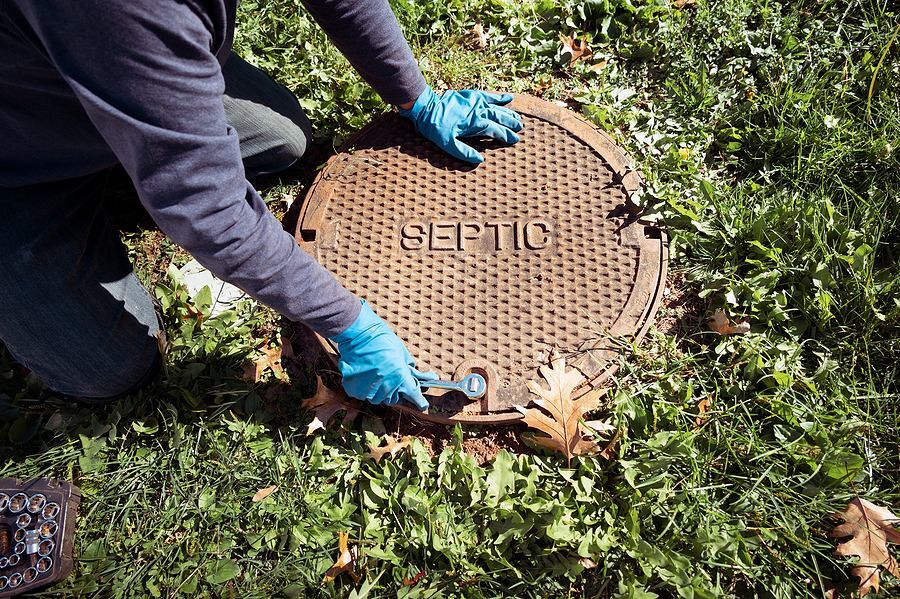
25
Septic tanks play a crucial role in managing household wastewater in areas without access to municipal sewer systems. However, misconceptions and myths surrounding these systems abound, leading to confusion among homeowners about their proper care and maintenance. Let's debunk some of the most common septic tank myths to ensure a clear understanding of these vital components of residential sanitation.
One prevalent misconception is that septic tanks have an indefinite lifespan and require no maintenance or replacement. In reality, septic tanks are durable but not indestructible. Over time, the tank may deteriorate due to age, corrosion, or environmental factors, necessitating repairs or replacement. Routine septic tank pumping, inspection, and maintenance by a professional septic company are essential to prolong the lifespan of the system and prevent costly septic tank repairs or premature failure.
Some homeowners believe that septic tank additives, such as chemicals or enzymes, can break down waste and eliminate the need for regular pumping. However, these additives often do more harm than good. While they may temporarily enhance bacterial activity, they can also disrupt the natural balance of microorganisms in the tank, leading to system malfunctions or failures. Proper septic tank pumping and cleaning every 3-5 years, as recommended by professionals, are crucial for maintaining system efficiency and preventing backups.
Waiting until a septic tank problem arises before scheduling pumping is a common misconception. In reality, proactive maintenance is key to preventing issues and ensuring the longevity of the system. Regular septic tank pumping removes accumulated solids and prevents them from clogging the drain field or causing backups into the home. By adhering to a routine pumping schedule, homeowners can avoid costly repairs and eliminate the need for septic tank installation.
In the event of a failing septic system, some homeowners turn to septic tank additives as a last-ditch effort to restore functionality. However, additives cannot fix underlying structural or mechanical issues within the system. Attempting to remedy a failing septic system with additives may delay necessary septic tank repair, leading to further damage and environmental contamination. It's essential to consult with a professional at Charlotte Septic Pros to assess the extent of the problem and implement appropriate solutions.
There is a misconception that septic tank cleaning involves harmful chemicals or processes that negatively impact the environment. In reality, professional septic tank cleaning involves pumping out accumulated solids and wastewater from the tank and transporting them to a designated treatment facility. The solids are properly treated and disposed of in an environmentally responsible manner, minimizing the risk of pollution and protecting groundwater quality. Routine septic tank cleaning is an essential aspect of maintenance that ensures the proper functioning of the system while safeguarding environmental health.
By debunking these common septic tank myths, homeowners can gain a clearer understanding of how these systems function and the importance of proper care and maintenance. Regular septic tank pumping, cleaning, and maintenance by Charlotte Septic Pros are essential for preserving system functionality, preventing backups, and protecting environmental health. By dispelling misconceptions and adopting responsible maintenance practices, homeowners can ensure the long-term performance and reliability of their septic systems.
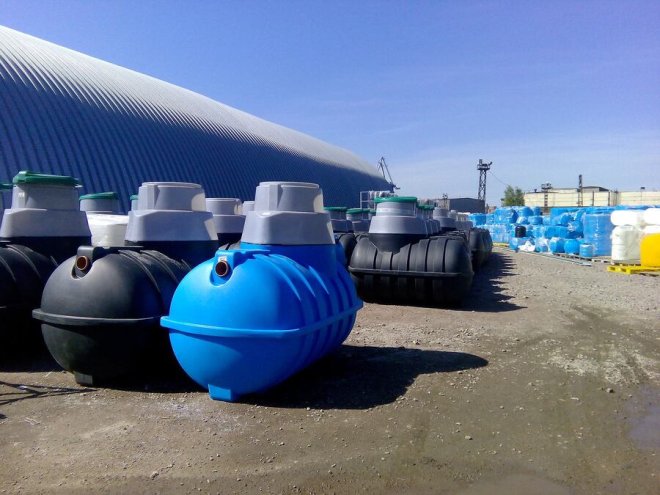
28
How to Prepare for Septic System Installation Installing a septic system is a major investment for any property that lacks…
Read more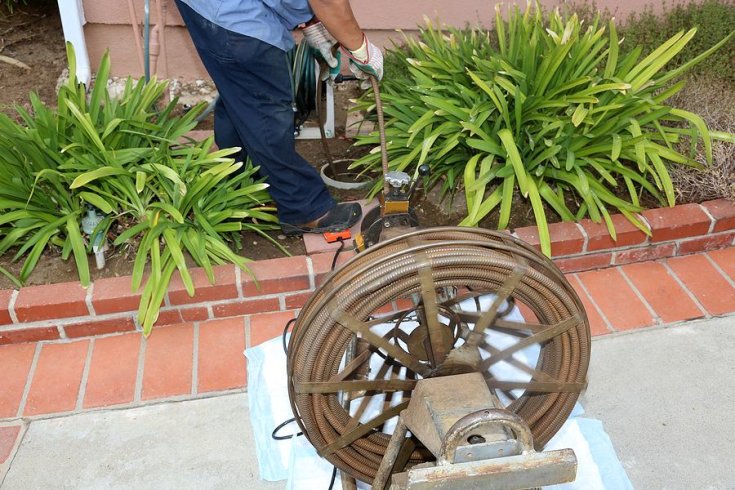
20
How Main Drain Cleaning Can Prevent Sewer Backups Sewer backups are one of the most unpleasant plumbing emergencies homeowners can…
Read more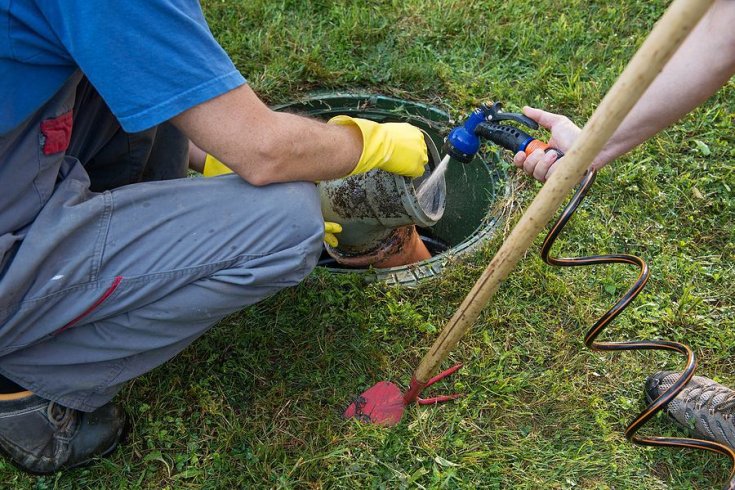
13
What to Do When You Have Drainage Problems Drainage problems can be frustrating and cause serious damage if left untreated.…
Read more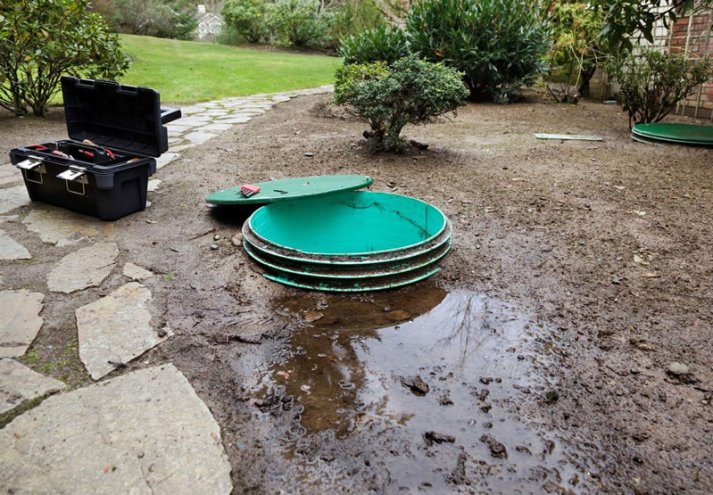
04
Signs and Causes of Septic Leaks A leaking septic system can pose serious health and environmental risks. If left untreated,…
Read more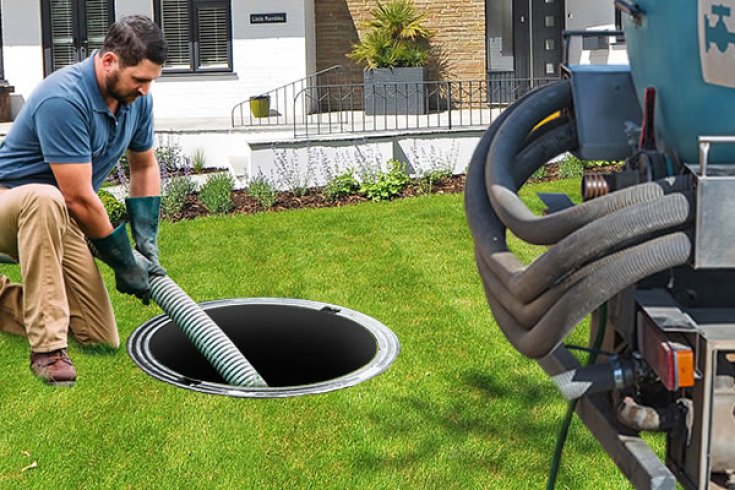
02
Unusual Septic Tank Blockages: Keeping Your Septic System Healthy A properly functioning septic system is crucial for any home or…
Read more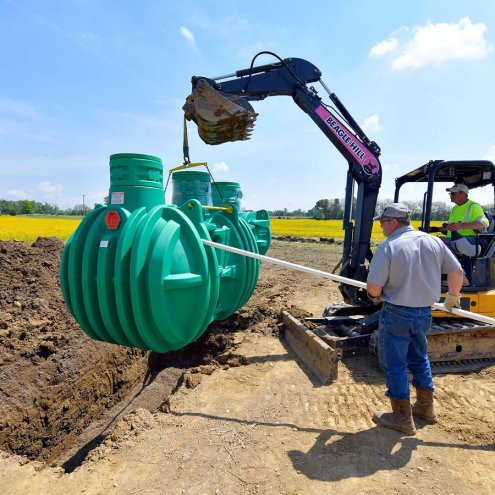
23
Seasonal Weather and Septic Systems Tank Your septic system plays a vital role in managing household wastewater, but seasonal weather…
Read more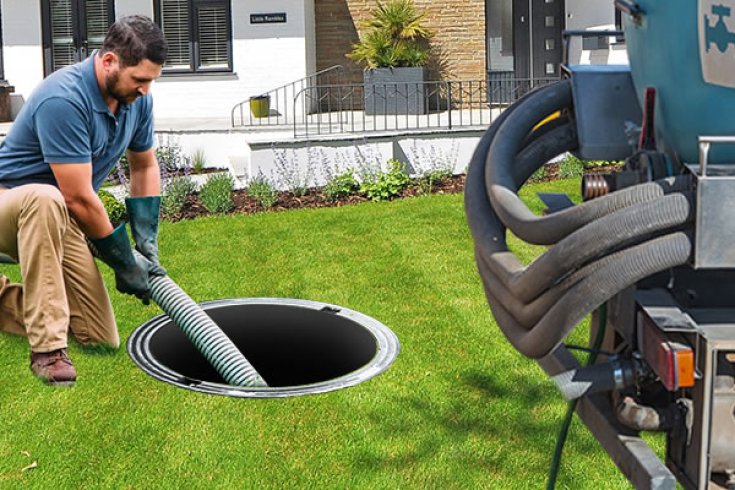
15
Why Toilet Paper Matters to Your Septic Tank Many homeowners don’t give much thought to their toilet paper—until it starts…
Read more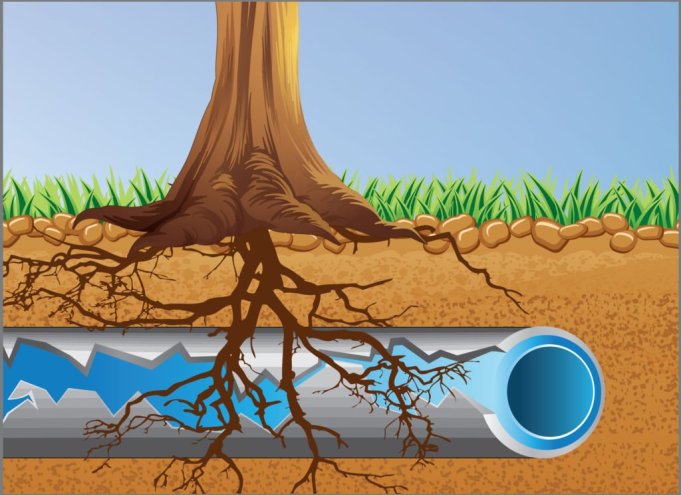
21
Tree Root Infiltration of Septic Systems We love the trees in our yards and in our environment. Just by looking…
Read more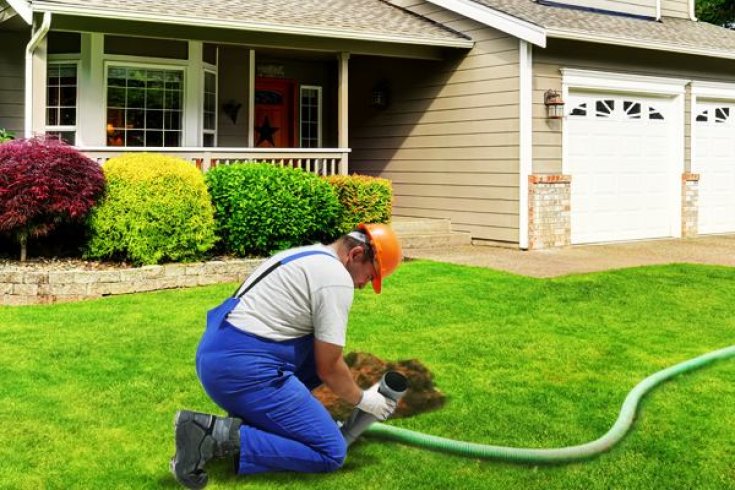
12
Preparing Your Pipes & Drains for the Winter With winter on the horizon, homeowners need to implement specific measures to…
Read more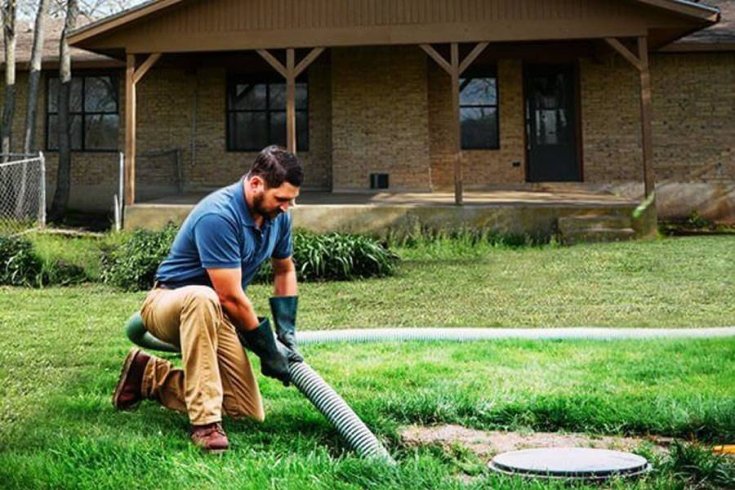
05
Buying a New Home? Invest in a Septic System Inspection When purchasing a new home, many buyers focus on visible…
Read more